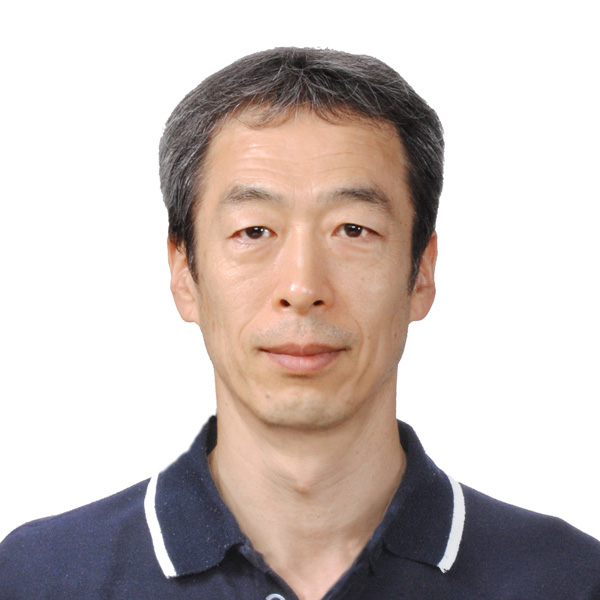Bio
Taiji Furusawa is professor at the Graduate School of Economics, University of Tokyo. He has a MA of economics at Hitotsubashi University and received his PhD of economics from University of Wisconsin-Madison in 1994. Before he joined the faculty of University of Tokyo, he has taught at Brandeis University, Fukushima University, Yokohama National University, and Hitotsubashi University. He visited Boston University from 2001 to 2002 as a Fulbright Scholar and Harvard University as an Abe Fellow and a Research Associate of the Program on U.S.-Japan Relations from 2010 to 2012. He has received Kiyoshi Kojima Award (Japan Society of International Economics) in 2007, Japan Academy Medal (Japan Academy) and JSPS Prize (Japan Society for the Promotion of Science) in 2009, and IEFS Japan Koji Shimomura Award in 2014 for his research accomplishment in the field of International Trade. He has also participated in the Japanese-French Frontier of Science Symposiums as a planning group member and a planning committee member.

